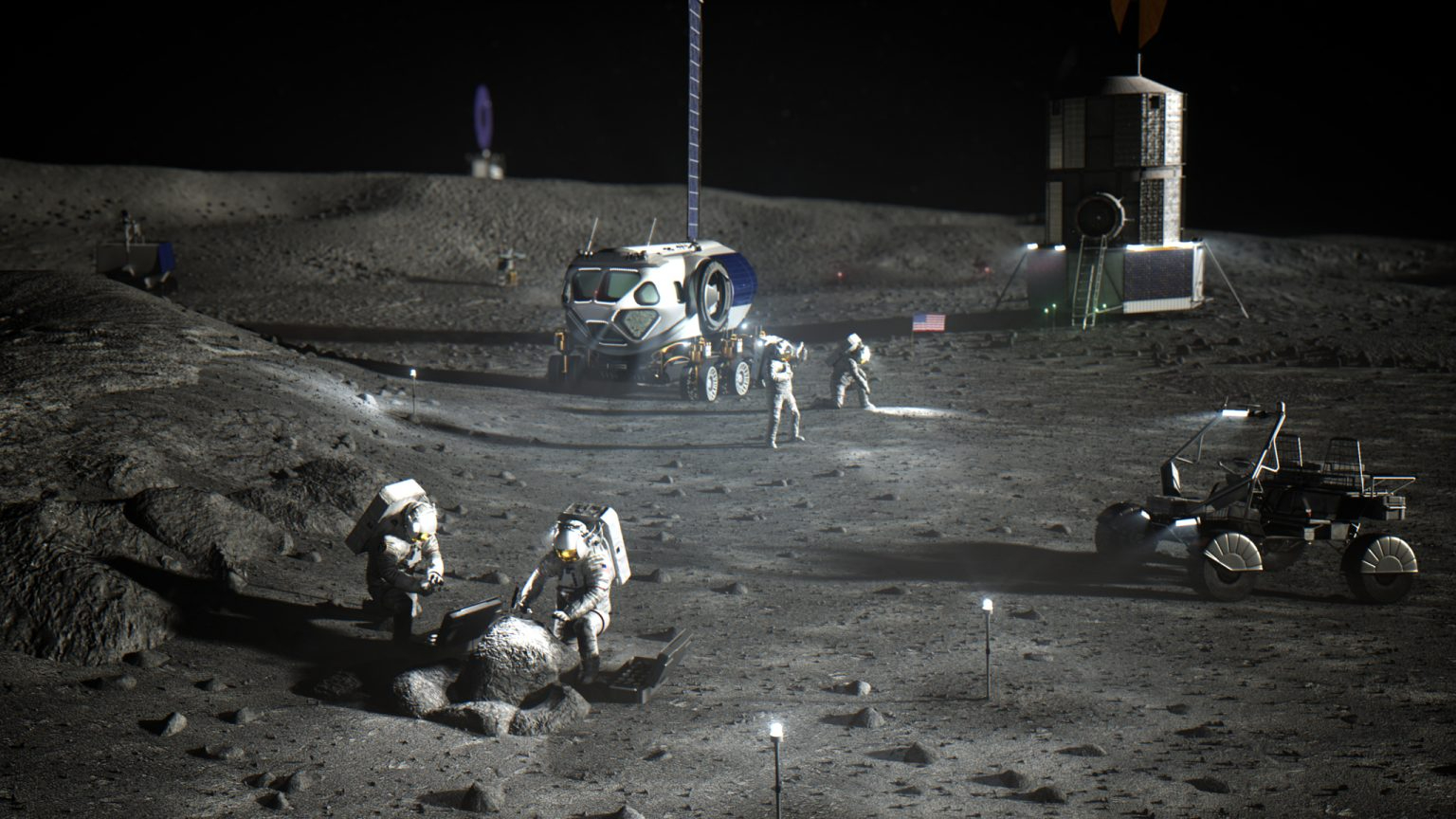India plans to build a moon-orbiting space station by 2040
"This is an enormous task."

India plans to build a moon-orbiting space station by 2040 as part of its ambitious roadmap to establish a long-term presence beyond Earth orbit.
The outpost will support crewed missions to the surface of the moon and serve as a hub for scientific research, according to local media reports.
If all goes according to plan, the lunar space station will be completed around the same time the nation's astronauts land on the moon, with construction of a permanent base on the surface before 2050.
The lunar space station appears to be the third and final phase of India's moon exploration efforts. The first phase involves conducting robotic missions to the moon using homegrown technology, including the upcoming Chandrayaan 4 sample-return mission.
Related: India targets 2028 for Chandrayaan-4 sample-return mission to moon's south pole
Scheduled to launch in 2028, this mission aims to collect roughly 6.6 pounds (3 kilograms) of samples from a water-ice-rich area near the moon's south pole and deliver them to Earth. "We are looking at how we can do a mission to the moon and back in a low-cost manner," said S. Somanath, the chairman of the Indian Space Research Organisation (ISRO).
The second phase seeks to achieve a crewed moon landing by 2040, followed by construction of the moon-orbiting station, India Today reported. In addition to hosting astronauts, the station will serve as a hub for scientific research and as a base for future space missions.
Get the Space.com Newsletter
Breaking space news, the latest updates on rocket launches, skywatching events and more!
In August 2023, India became only the fourth country to land a spacecraft on the moon, with its Chandrayaan 3 mission. Following this, Prime Minister Narendra Modi said the country should aim for "new and ambitious goals," including a crewed moon flyby in 2035, followed by a human landing mission five years later.
The lunar space station may be similar to the one India plans to build in Earth orbit, known as the Bharatiya Antariksh Station, or BAS. The development of this station's first module, BAS-1, was greenlit by the Indian government in September. Officials have said the first module will be launched to low Earth orbit by 2028, and the entire station will be operational by 2035.
"This is an enormous task," said S. Sivakumar, project director of the country's NGLV rocket, which is being developed at the Vikram Sarabhai Space Centre, according to The Hindu. "All tasks are completely new to us."
Meanwhile, the four astronauts chosen to participate in crewed space missions from India are undergoing training in one of ISRO's facilities in Bengaluru after finishing similar work in Russia. One astronaut, Indian Air Force test pilot Shubhanshu Shukla, is scheduled to fly next spring to the International Space Station on a two-week mission.
Join our Space Forums to keep talking space on the latest missions, night sky and more! And if you have a news tip, correction or comment, let us know at: community@space.com.

Sharmila Kuthunur is a Seattle-based science journalist focusing on astronomy and space exploration. Her work has also appeared in Scientific American, Astronomy and Live Science, among other publications. She has earned a master's degree in journalism from Northeastern University in Boston. Follow her on BlueSky @skuthunur.bsky.social









